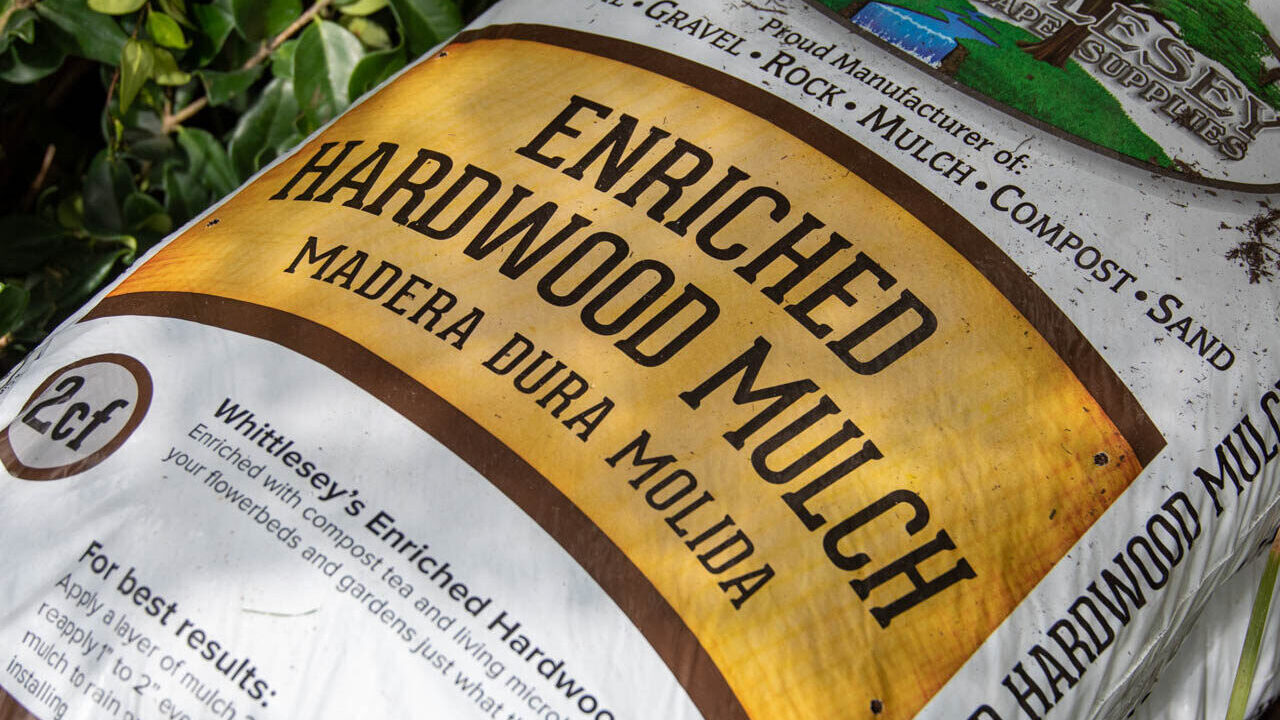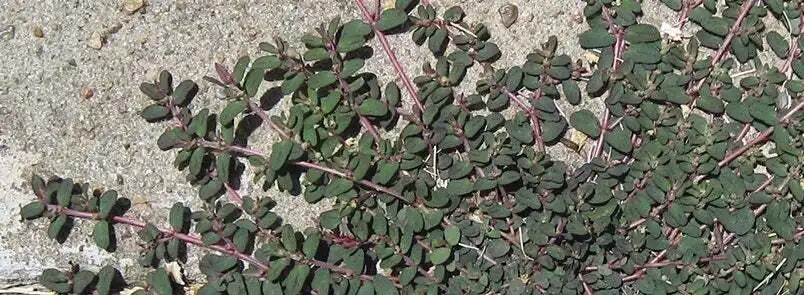Ever wonder why so many Texas landscapes use mulch? And when should you put down mulch in Austin?
Well, we are well into the coldest month of the year. (January is coldest, December is 2nd coldest, February is 3rd).
What do you do when it gets cold?
You get a blanket.
What is a landscape blanket?
MULCH.

Top 3 reasons to add mulch in Austin
1. Blanket for Your Soil:
Consider mulch as a protective blanket for your soil. This natural layer helps regulate soil temperature, shielding it from extreme heat or cold.
2. Fertilizer Boost:
One of the lesser-known benefits of mulch is its role as a slow-release fertilizer. As it breaks down over time, it contributes essential nutrients to the soil. This organic fertilization process supports plant growth and overall soil health in a sustainable and eco-friendly manner.
3. Aesthetics:
Mulch looks good. According to the International Institute of Mulch, “a freshly mulched landscape looks 43% better than having a little mulch and 72% better than having zero mulch.”
But wait! There’s more!
BONUS REASON – Weed resistance: A fresh, thick layer of mulch makes it hard for weeds to germinate decreasing the weeds in your beds.

Does mulch really prevent winter weeds?
Yes, mulch can help prevent the growth of weeds. Mulch acts as a barrier, blocking sunlight and preventing weed seeds from germinating.
HOWEVER, while mulch is effective at suppressing weeds, it may not completely eliminate them. Weeds can still emerge through mulch for several reasons:
- Incomplete Coverage: If the mulch layer is too thin or uneven, there may be gaps where sunlight can reach the soil, allowing weed seeds to germinate.
- Wind-Blown Seeds: Weeds can be introduced to the mulched area through wind-blown seeds, bird droppings, or other means.
- Perennial Weeds: Some persistent perennial weeds have deep root systems that can penetrate through the mulch.
To enhance the effectiveness of mulch in preventing weeds, consider the following:
- Apply a Thick Layer: Lay it on thick for maximum coverage
- Choose the Right Mulch: Opt for dense and coarse native mulch varieties that provide better coverage.
- Regular Maintenance: Periodically inspect your mulch layer and replenish it as needed.
While mulch is a valuable tool, it may not completely eliminate all weeds. And what about the rest of your yard? How can you prevent winter weeds in your lawn?
First let’s take a look at behind the scenes at those winter weeds…

Understanding Winter Weeds: A Closer Look at Your Lawn
Winter is a time of semi-dormancy for turf grasses, which leaves them more susceptible to winter weeds. Understanding the connection between weed growth and turf health is crucial, and preventative measures can help keep your lawn healthy and vibrant throughout the colder months.
Semi-Dormancy and Weeds:
With the recent cold snap, turf grasses have entered a semi-dormant phase. While this may give your lawn a restful appearance, it also unveils another aspect of your landscape — winter weeds. As the turf goes dormant, winter weeds become more noticeable. (They are the bright green spot in your otherwise greyish turf).
Weed Growth and Weak Turf:
Understanding the connection between weed growth and turf health is crucial. Just like viruses target weakened immune systems, weeds thrive in areas where the turf is not at its strongest. Strengthening your turf through proper care becomes a preventative measure against winter weed intrusion.
Varieties of Winter Weeds:
Winter weeds come in different varieties, each with its unique characteristics. Identifying these variations can be essential in implementing effective management strategies.
Preventative Weed Control Programs
Our fertilization and weed control program includes preventative measures, especially during this season. Some of the preventative steps were taken last fall, including the application of preemergent treatments.
These efforts contribute to a resilient turf that is less susceptible to winter weed encroachment. But, there are also certain turfs that should receive a round of pre-emergents at this time of year as well.
Is your lawn in need of a regular fertilization and weed control program? Contact us for a fast free quote, and we’ll take a look and help you find solutions your lawn’s unique needs.

